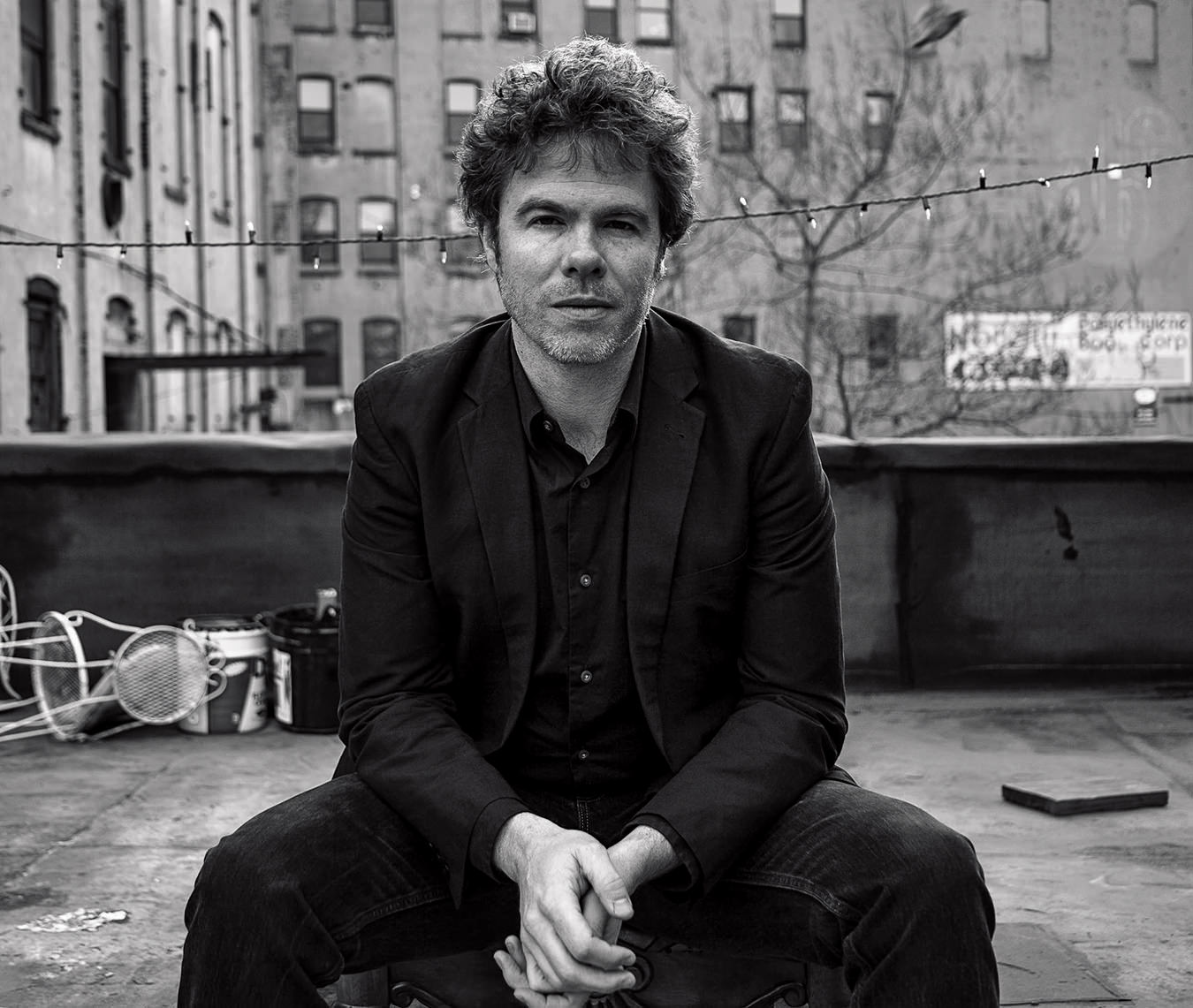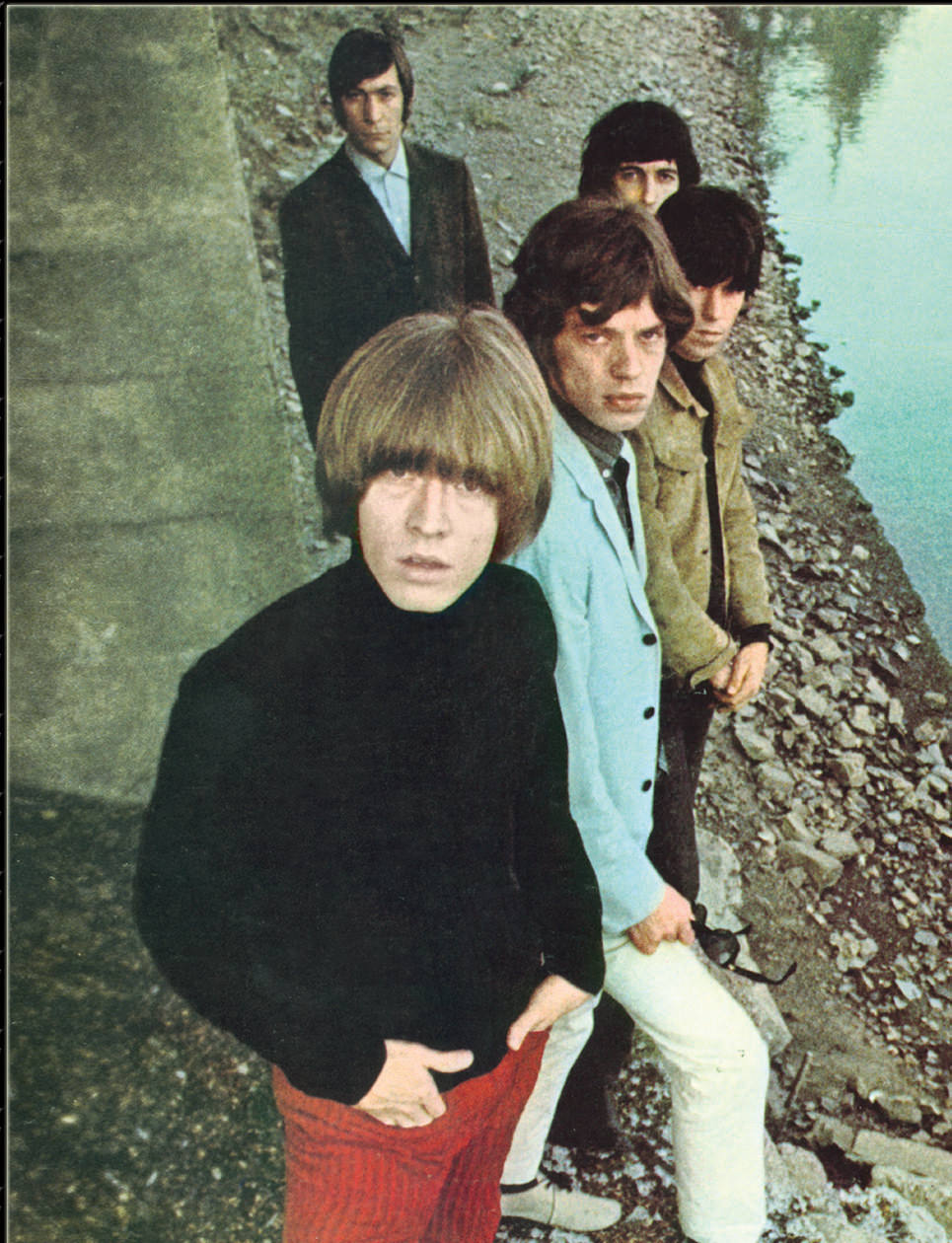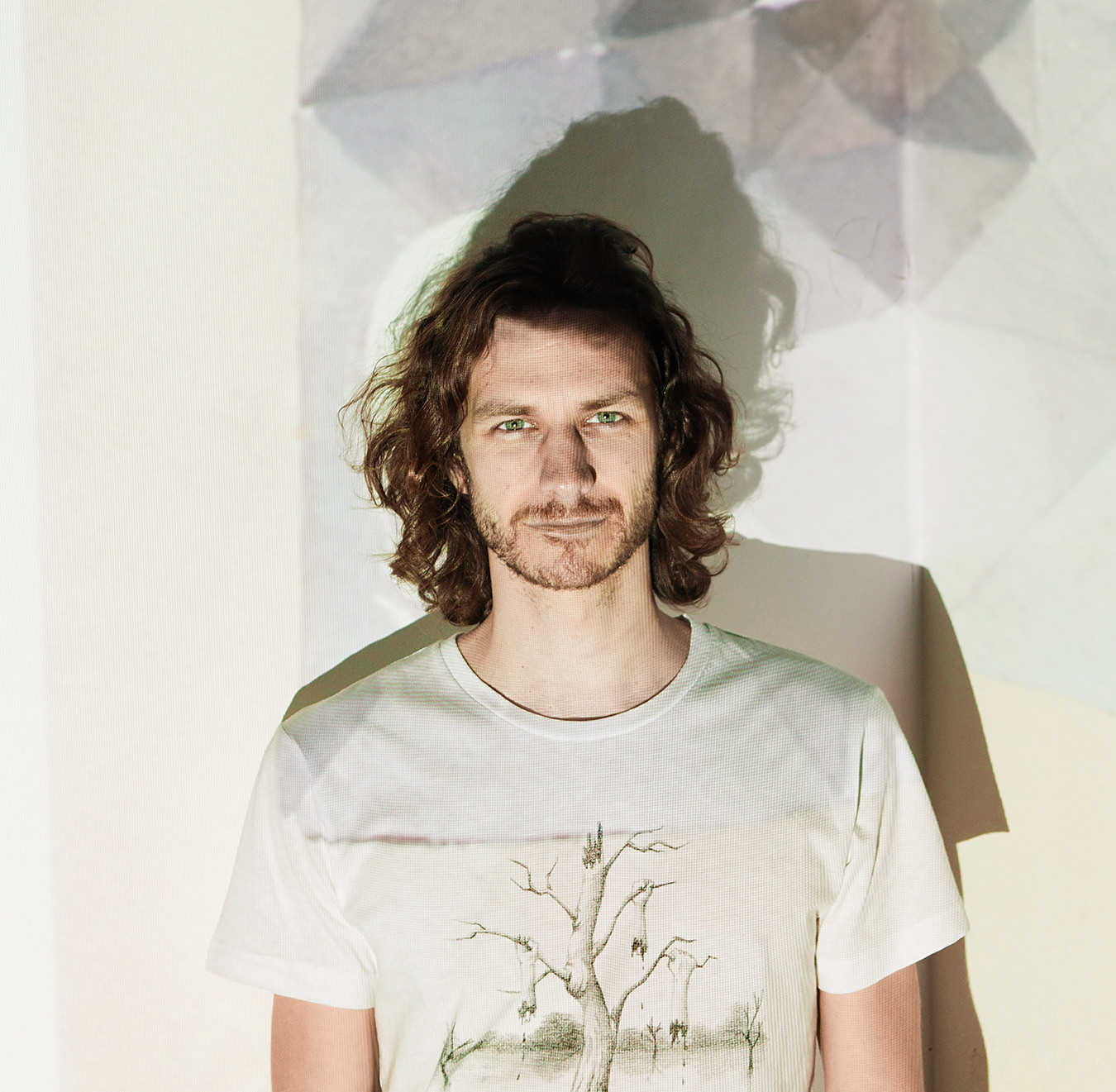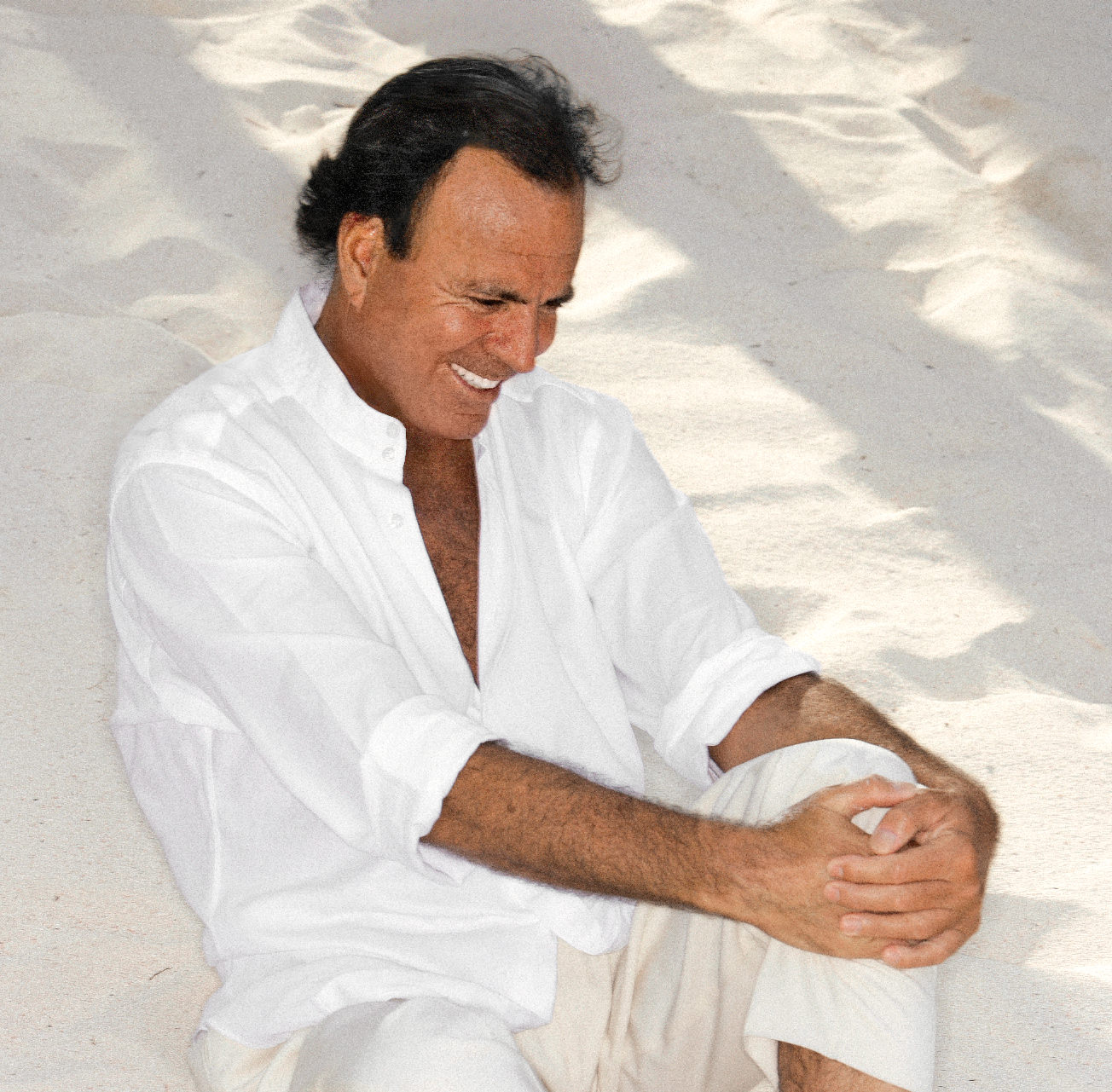The Iskwé Way
Weaving cross-cultural roots.
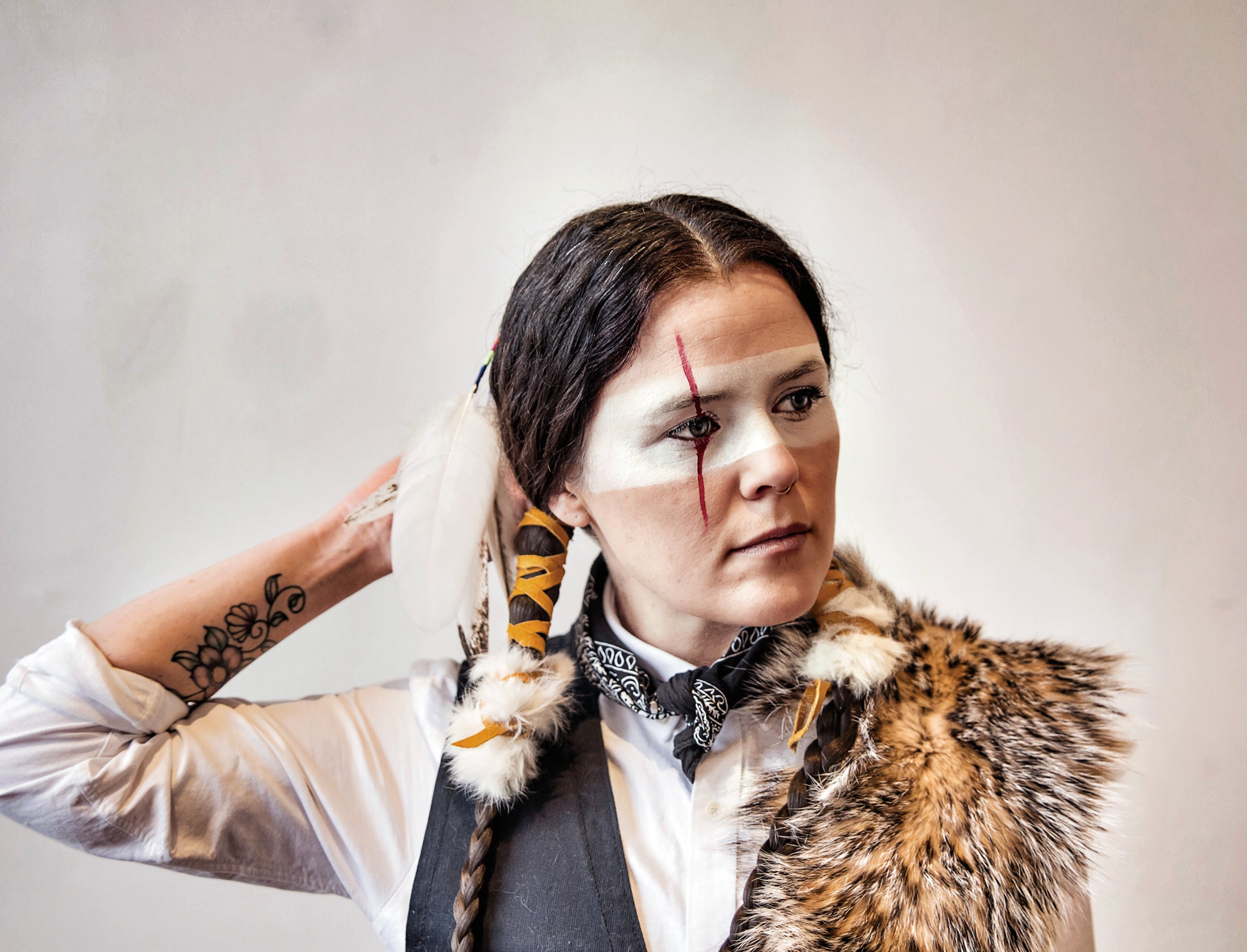
Electronic trip-hop singer-songwriter Iskwé (pronounced “iss-kway”) is finding her music is sparking conversation. The Winnipeg-raised artist is inspired by her Indigenous heritage and her politically charged sophomore album, The Fight Within—released last November—includes songs “Will I See” and “Nobody Knows” about Canada’s missing and murdered women; “Soldier,” addressing land and environmental protection; and “Healers”, which opens with the line, “This one is written for my people. They’re still hurting.”
“The history is what’s not understood. That is important to address because there’s a backstory,” explains Iskwé, who occasionally teaches art to Ontario students as part of a project focusing on Indigenous culture and gender disparity, as well as Canada’s shameful history of “kill[ing] the Indian in the child,” which was the government intention for residential schools.
Her music is seductive and inviting, but the subjects are raw and hard hitting.
Outspoken and informed, Iskwé, who now lives in Hamilton, is also gracious and patient when it comes to having these discussions with non-Indigenous adults who weren’t taught about First Peoples when they were kids. “I do feel passionate about talking about them because they’re important things that people need to know, and I don’t think historically our school system has done a service to Canadians as a whole,” she says, adding that “It’s important for Indigenous voices and non-Indigenous voices to speak up and for the two voices to collectively work together.”
On stage, Iskwé is captivating, wearing makeup inspired by Dene and Inuit facial tattooing—which sometimes holds meaning, such as protesting against cultural appropriation, and sometimes is simply a beautiful expression that gives her strength while she performs these emotional songs with her live band. Her music is seductive and inviting, but the subjects are raw and hard hitting. She explains, “I actually prefer for people to interpret my songs however they choose and learn about the political bits by reading or hearing interviews, as opposed to coming to shows and feeling bombarded by that content. It’s not my wish for people at these shows to feel guilty. I want people to feel empowered to be a part of change.”
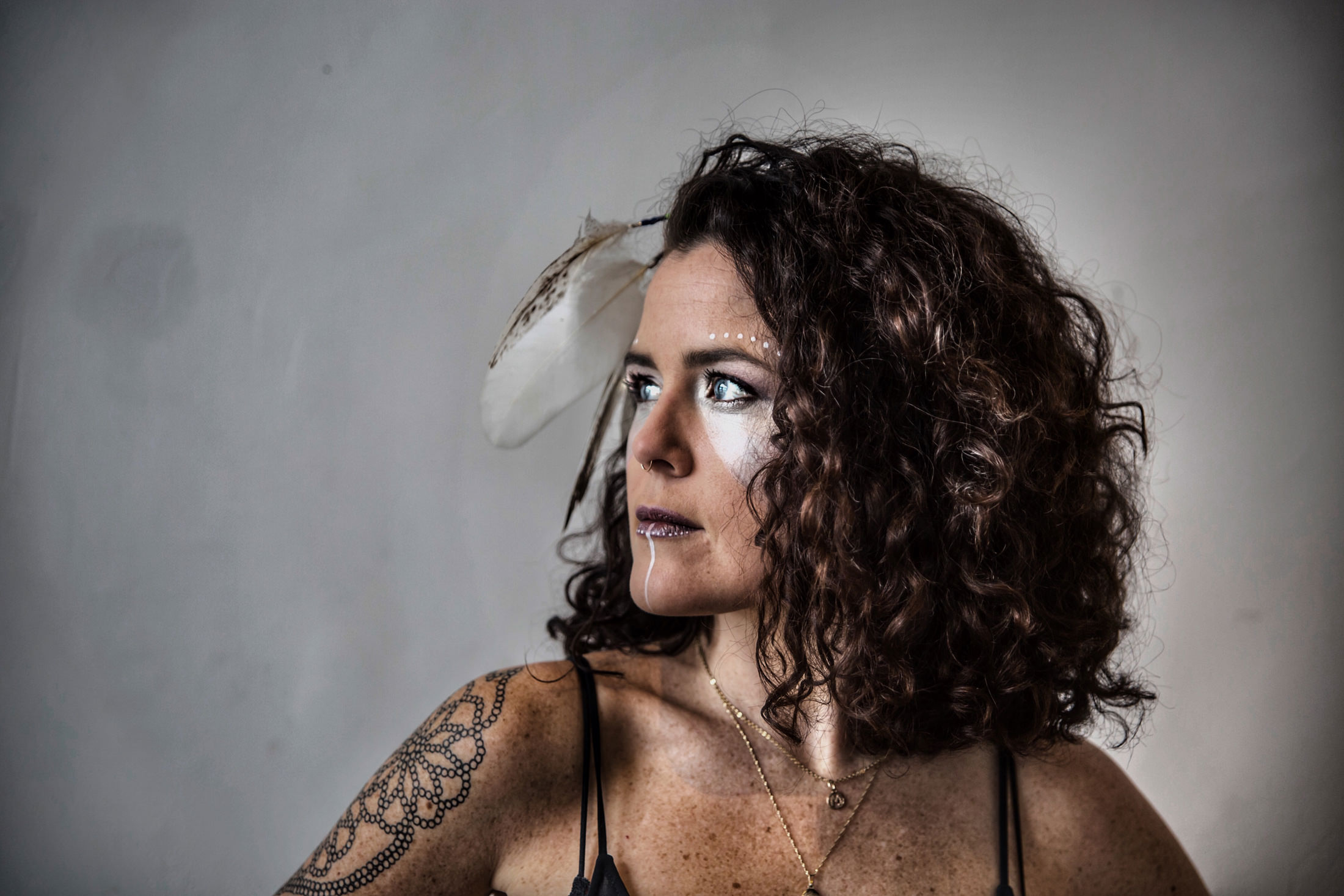
Iskwé’s full traditional name is Waseskwan Iskwew—which translates to “blue sky woman”—her mother is Cree/Dene/Métis, her biological father of Irish descent. Her stepfather, who she grew up with and calls “Dad”, is Latvian. When she was young, her maternal grandfather was a constant in her life, her “head dad” who had harsh stories of his own about being persecuted for being Indigenous and a person of colour, such as not being allowed into many white establishments.
“It’s not my wish for people at these shows to feel guilty. I want people to feel empowered to be a part of change.”
“Growing up, he always told me because I’m light skinned with freckles and blue eyes that that was my ‘get-out-of-jail-free card,’ my escape,” Iskwé recalls. “If someone asked me if I was of whatever [non-Indigenous] background, [he told me to] just say, ‘Yes.’ It wasn’t because he was ashamed; it was because he didn’t want me to experience those traumatic experiences that he had. That hurt my heart.”
Iskwé was resolute in embracing her Indigenous side and cultural teachings. Her grandparents on her stepdad’s side influenced her love of classical arts, which have helped inspire her sound and string arrangements as well as her performances. It took her a number of years to find her voice as a songwriter (she now feels less connected to her non-political 2013 self-titled debut), but she is well on her way.
“It took time for me to season this voice, of feeling strength and being like, ‘I’m tired of being put down because I’m female [and] because of my culture.’ I’d just been pushed enough that I’m like, ‘Forget it. Now I’m here. I’m going to talk about it very loudly. I don’t care if so-and-so shuts me down. I’m just going to go around them and find my own way.’ It took time for me to find that strength.”
Photo by Lisa Macintosh.
_________
Never miss a story, sign up for NUVO’s weekly newsletter, here.

